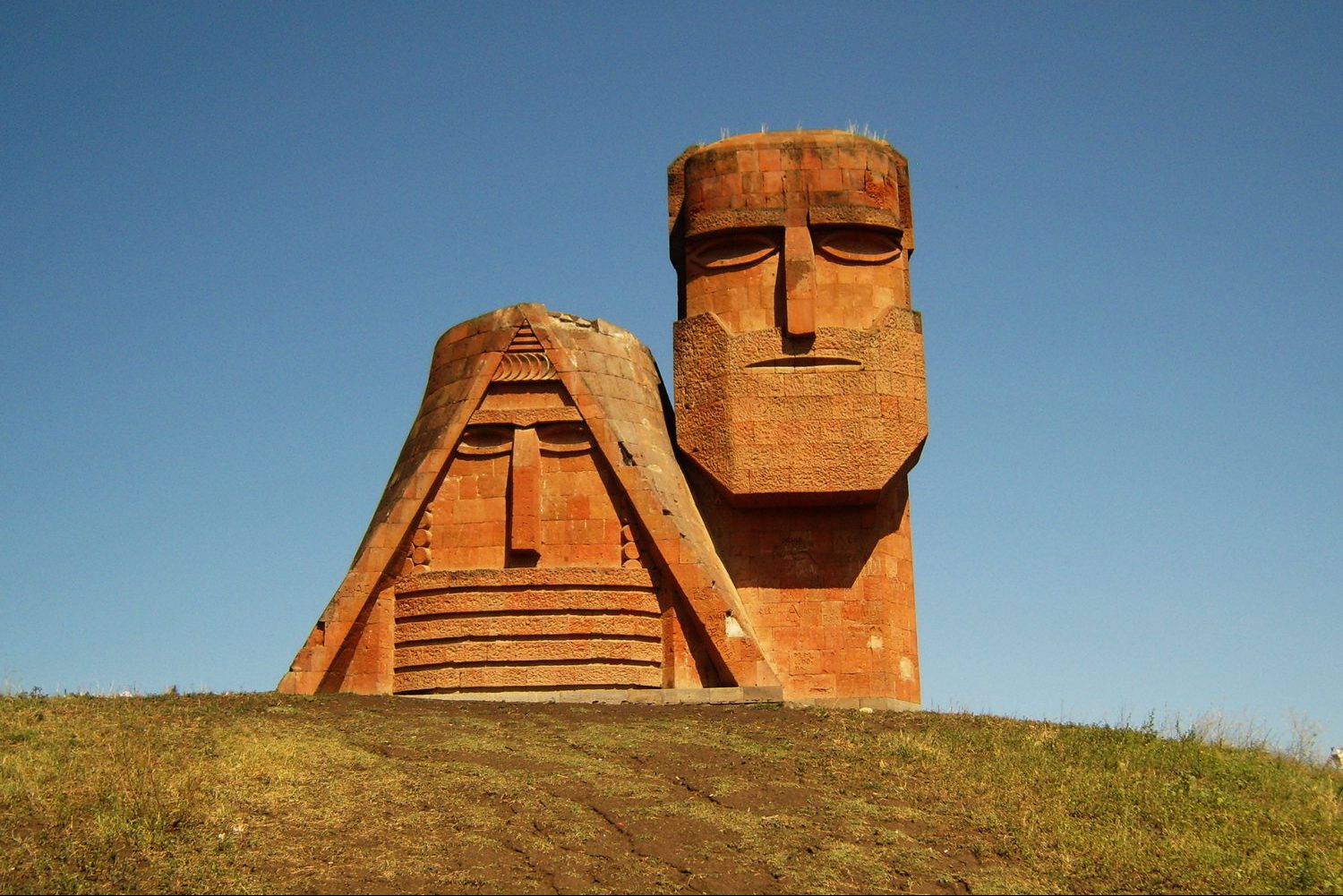Artsakh has been under siege for 183 days.
The Ministry of Defense of Artsakh reported today that on 12 June, at 2:15 p.m., units of the Armed Forces of Azerbaijan opened fire with rifles of different calibers in the direction of the Armenian positions located in the Sotk area, they used mortars as well.
The Ministry of Foreign Affairs of Armenia has condemned the blockade of Lachin Corridor, which has been ongoing for 6 months.
“6 months of illegal blockade of Lachin Corridor: continued severe restrictions of fundamental rights & freedoms of 120.000 people in Nagorno-Karabakh, including] detrimental effect on 30.000 children and 9,000 people with disabilities. All despite legally binding ruling of ICJ & numerous calls of international institutions,” the MFA tweeted.
On 12 June, the Human Rights Defender of the Republic of Artsakh published an updated version of the Ad Hoc trilingual report on violations of individual and collective human rights as a result of Azerbaijan’s six-month (182-day) blockade of Artsakh.
According to the Artsakh HRD office, the report presents comprehensive and detailed data on violations of 7 individual rights, 5 vulnerable groups and 4 collective rights, which reflect the deepening humanitarian crisis and the Azerbaijani genocidal policy against the people of Artsakh.
Some of the main facts reflected in the report on human rights violations due to the blockade:
- The cases of two-way movement of people along the Stepanakert-Goris highway (Lachin Corridor) decreased by 198 times (2246 entrances and exits instead of 445,900).
- Almost 58 times less vehicle movement was recorded on the road than it should have been without the blockade (instead of 167,440, 2,867 vehicles entered and exited, and that was only by the Red Cross and Russian peacekeepers).
- About 13 times less vital cargo was imported than it should have been (5,574 tons instead of 72,800 tons);
- Due to the suspension of planned surgeries, about 1,400 citizens were deprived of the opportunity to solve their health problems through surgery.
- Azerbaijan has completely or partially interrupted the gas supply from Armenia to Artsakh for a total of 117 days.
- Electricity supply from Armenia to Artsakh has been completely disrupted for 154 days, which continues to lead to fan and emergency shutdowns.
- According to preliminary estimates, around 11,000 people have lost actual jobs and sources of income.
- About 346 million USD damage was caused to the country’s economy.
- A number of rights violations are more acute among members of vulnerable groups, namely 30,000 children, 9,000 persons with disabilities, 20,000 elderly, 60,000 females (women and girls) and 15,000 displaced persons.
“In addition to the continuous and multiple violations of the provisions of the trilateral statement of 9 November, 2020, by continuously failing to implement the decision of the UN International Court of Justice on ensuring the uninterrupted exit and entry of people, vehicles and cargo through the Lachin Corridor, Azerbaijan has once again violated the highest international values and principles. Moreover, after that, the Azerbaijani side resorted to aggressive actions, leading to loss of life and other deprivations among the people of Artsakh, and from 23 April, 2023, they set up an illegal checkpoint near the bridge over the Hakari River. The international community in addition to the right, also has an irrefutable obligation to implement the decision of the international high court by practical means and to prevent future Azerbaijani crimes.
All Azerbaijani offenses against the people of Artsakh are committed within the framework of the state policy of racial discrimination (Armenian hatred) and are deeply directed against their right to self-determination and the fact of its realization, aiming to finally close the page of the conflict in their favor through ethnic cleansing: according to the logic “no people, no right.”
The policy of ethnic hatred systematically and consistently implemented by Azerbaijan, which was manifested both during the aggressions unleashed against the people of Artsakh and after the establishment of the ceasefire, irrefutably proves that any status of Artsakh within Azerbaijan is equivalent to the ethnic cleansing of Artsakh and the genocide of the Armenians of Artsakh. Therefore, in the context of the Artsakh conflict, the right to self-determination is equal to the right of people to live in their homeland.
The fundamental right of self-determination of the Artsakh people and the encroachments and threats made against their physical existence on the basis of Azeri racial discrimination are more than sufficient grounds for the protection of the Artsakh people and the international recognition of the Republic of Artsakh by the international community,” the HRD office said.
In tomorrow’s plenary session, the European Parliament plans to discuss the relations between Armenia and Azerbaijan, as well as the situation in Nagorno Karabakh and the Lachin Corridor, which has been under siege since December last year.















